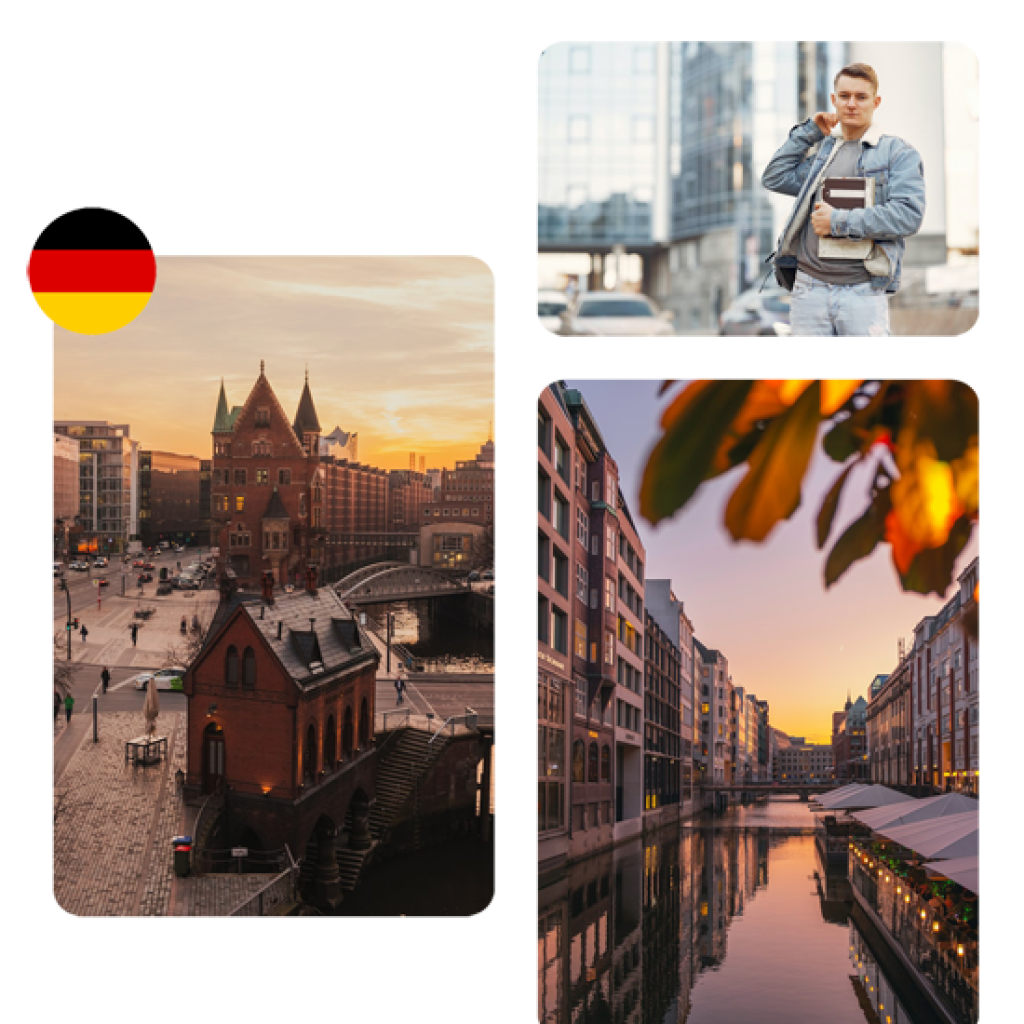


Though public universities offer programmes at no tuition fees, there is a certain administrative fee charge of 100-350 EUR (roughly 8,260 INR- 28,910 INR) per semester. Further, private universities might charge somewhere around the roughly estimated costs of 20,10,000 INR for undergraduate courses while 30,90,000 INR for postgraduate courses.
You can choose from a wide range of courses offered by public universities in Germany that provide quality education at free tuition costs. There are around 300 public universities in Germany which offer free education with only a minimal administrative charge per semester.
Yes, there are many renowned German universities that offer English-taught courses and some of these institutions include, Hochschule Mannheim, Karlsruhe Institute of Technology, Berlin International University of Applied Sciences, amongst others.
Yes, a varied range of English-taught programmes are offered by German universities which you can choose from. Further, English is also amongst the most spoken foreign language in the country followed by French and Spanish.
Even though private universities in Germany do not rank as high as public universities, it doesn’t mean that they’re not good. The pros of pursuing your higher education in Germany are usually higher than in universities in most countries.
Students at private and public universities in Germany are able to enjoy modern facilities, world-class programs, and, not to mention, a high employability rate for graduates.
Bachelor’s degrees are graded in the standard method for the Bologna system. This means students will attain a First Class, Upper Second, Lower Second, or Third Class degree.
Its 18 months of Post Study Work Visa stay back . PR is possible after completing 5 years of work experience in Germany and is called Blue Card Residency.